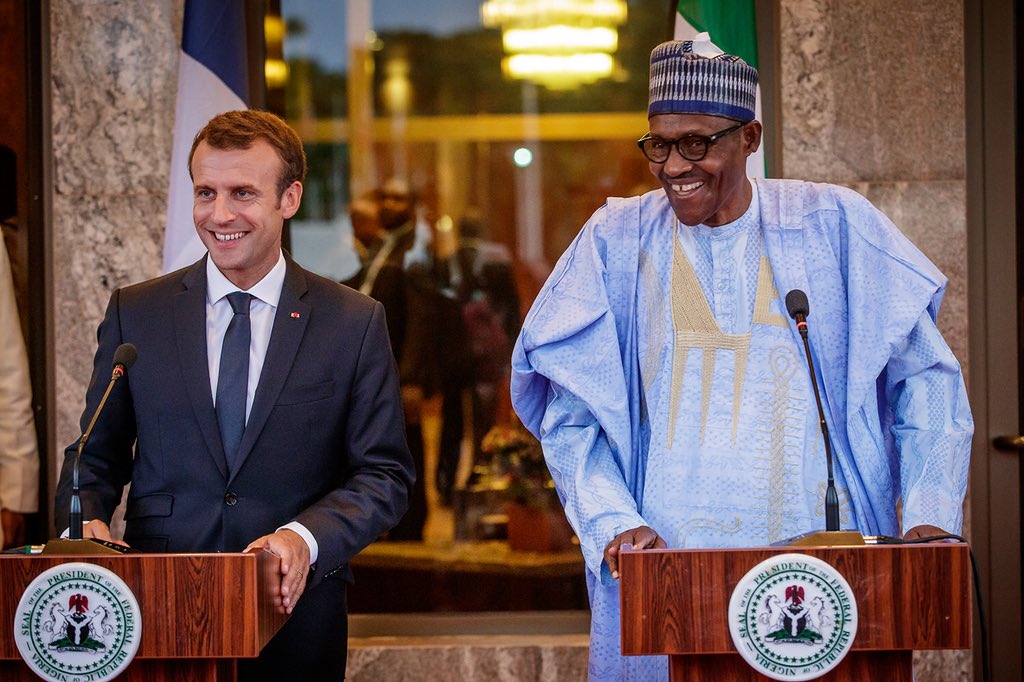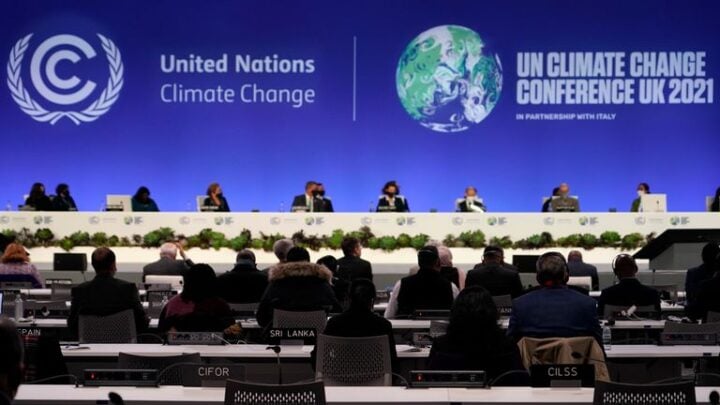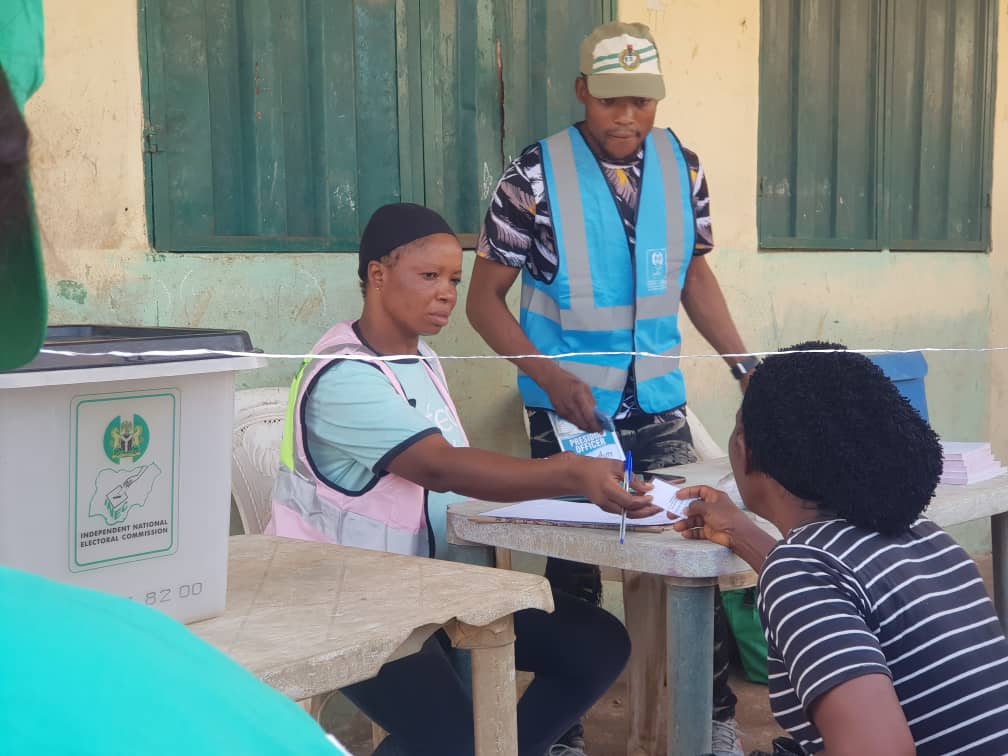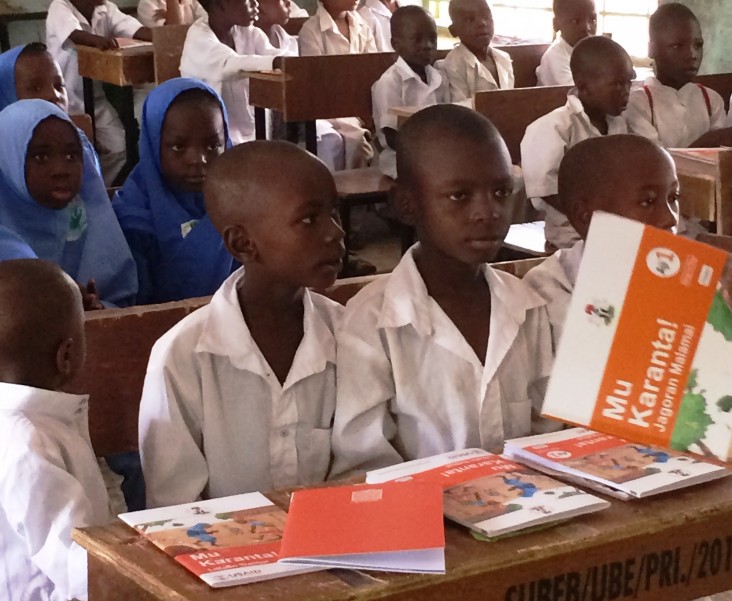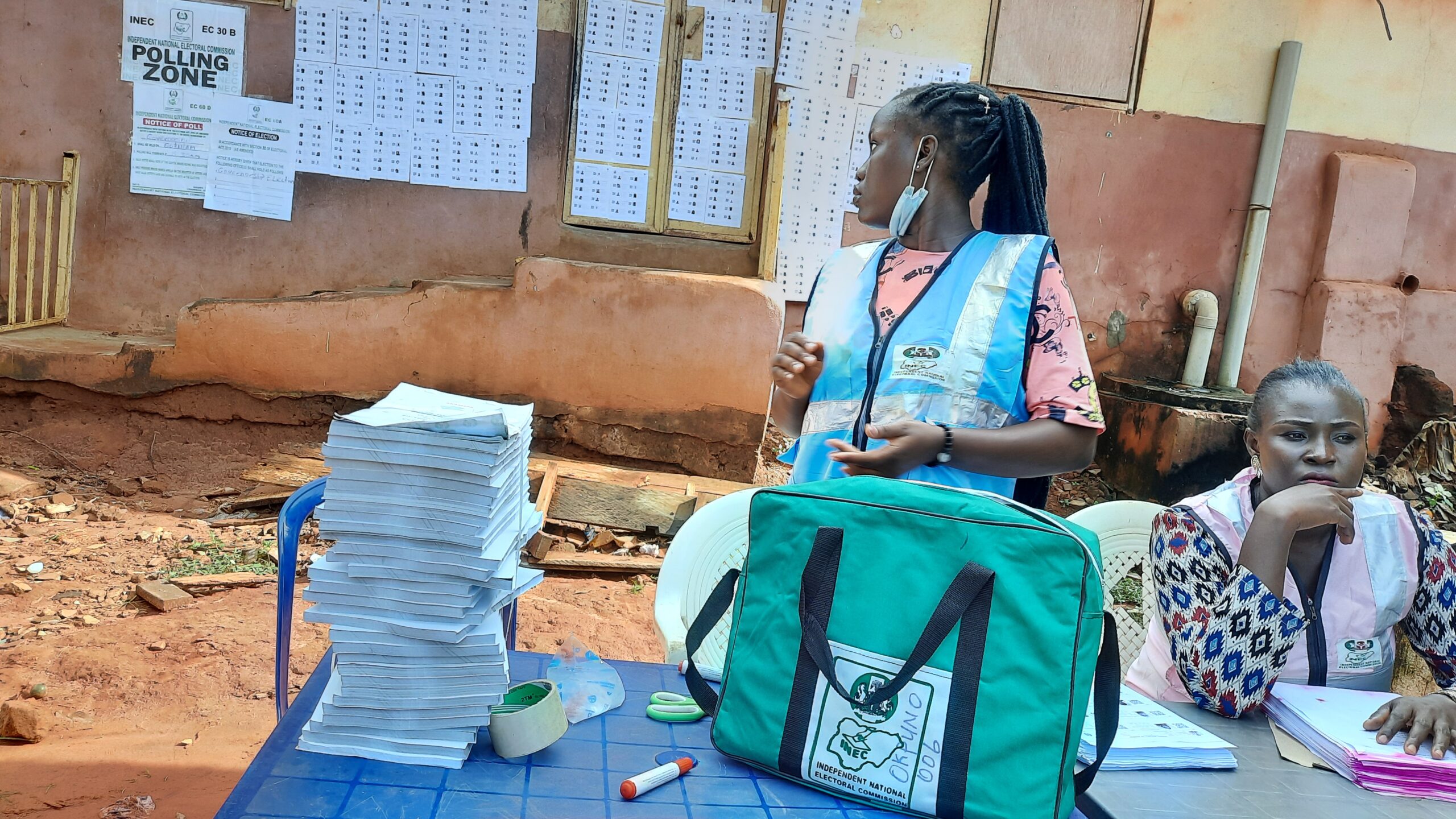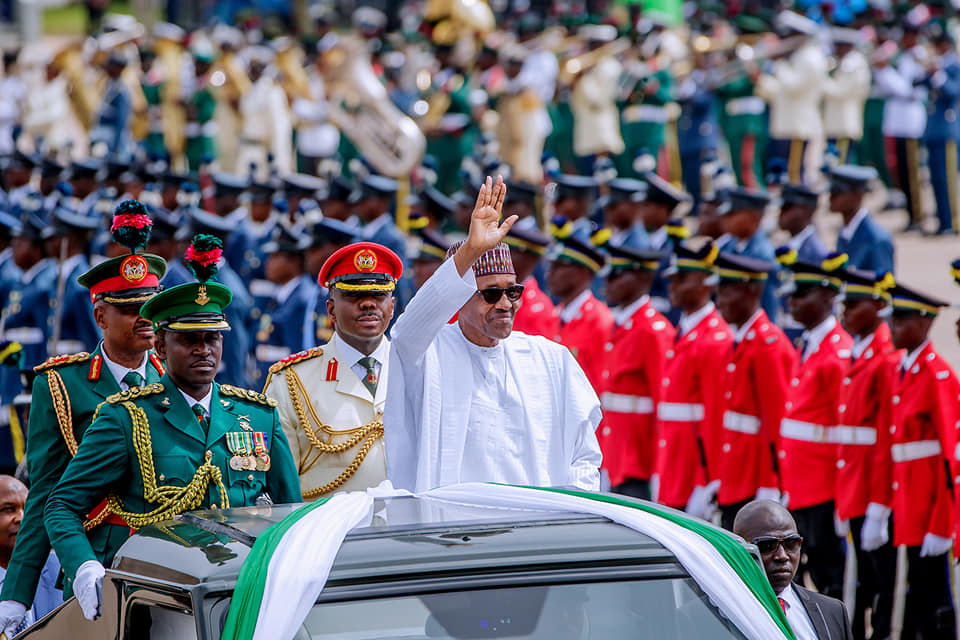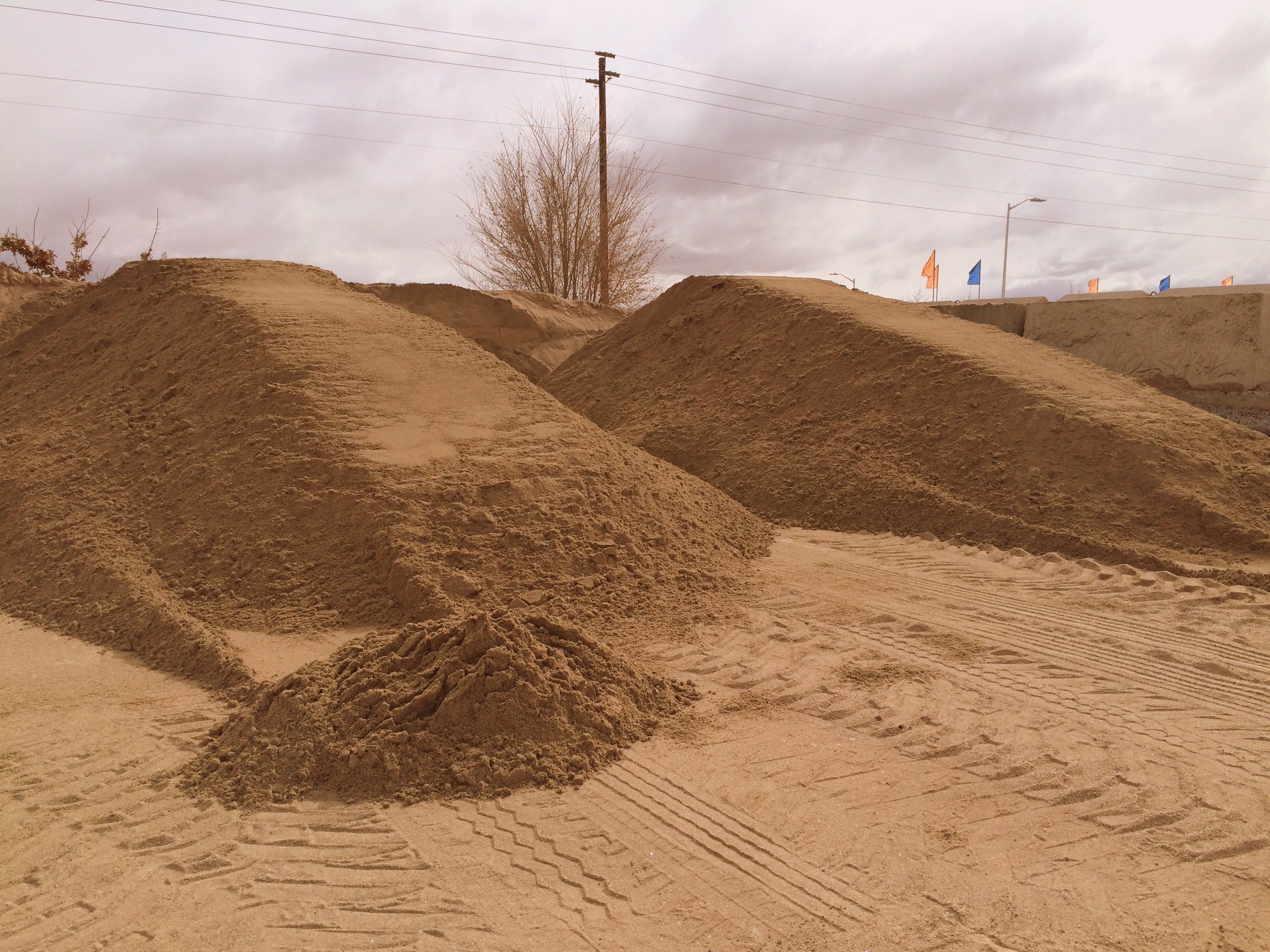BY SIMBO OLORUNFEMI AND ADE ADEFEKO
France is the elephant in the room around which a decisive and coherent Nigeria’s foreign policy, to the benefit of both countries, has been difficult. There is a clumsiness of identity or acceptance of who France really is to Nigeria and what the relationship with her should be like. There is tentativeness in the relationship between the two countries, itself not surprising given the history between them. But must history continue to hold hostage the possibility of a different outlook to the future? Must today continue to be defined by yesterday? Is today’s reality a reflection of yesterday? Is the configuration of yesterday the same as that of today?
Nigeria comes across as unsure, unwilling, or perhaps unprepared to frontally confront her fears with France. Yet, France is a reality that stares us right in the face. Nigeria is almost completely surrounded by France. So, there is a French presence as a neighbour that needs to be addressed, there is the reality of a Nigeria within the sphere of her influence that France needs to accept, perhaps embrace and learn to live with.
Two recent incidents, separate but similar, with two Nigerians involved. One, the eminent Nigerian and global icon, Nobel laureate, Wole Soyinka, the other, one of the writers of this piece and honorary consul of Botswana to Nigeria, Ade Adefeko. Soyinka, 87, a true citizen of the world, with extensive footprints around the world and multiple thousands of miles, accrued from international travelling by air for decades, without any issue, was held up in France for over 48 hours, ‘banished’ (in his word), from entering his own country, Nigeria. Adefeko, a polyglot, who has been travelling around the world since the age of four, with over 50 countries in the bag was to suffer the same fate in the same France, about a week later. Except that unlike Wole Soyinka who was able to make it back into the city, Adefeko, without a Schengen visa on his passport, was confined to the airport. Neither his fluency in French nor connections within the diplomatic circles was of much help, as he had to pass the night at the airport. His only source of succour was the ambassador of Nigeria to France Kayode Laro who assured him that Nigeria never abandons its own and kept him engaged on the phone for over an hour trying to keep his spirits high at Charles De Gaulle, Europe’s second busiest airport.
Advertisement
Indeed, there is enough blame to go round, with the circumstances of the kerfuffle, leading itself into putting the greater part of the blame on the part of Nigerian authorities. Wole Soyinka and Ade Adefeko were prevented from leaving France for Nigeria because they were said to be in breach of the COVID-19 protocols as set out between the Nigerian presidential steering committee on COVID-19 and the National Civil Aviation Authority (NCAA). Indeed, the NCAA had on September 11, 2021, issued a directive to all airlines granting permission for them to board passengers who are unable to show evidence of payment for the Day-7 COVID PCR test or generate paid QR code/permit to Fly. Relying on October 15 press statement said to have emanated from the presidential steering committee on COVID-19, Air France opted for a cautious interpretation, thus preventing them from flying into Nigeria.
But could things have been handled better in Paris by Air France, given that these are Nigerian citizens returning to their own country, especially given the age and stature of Wole Soyinka? Could a way have been found to positively take advantage of the mixed signals from the official communication and key into a diplomatic sense of the occasion to have it resolved?
Air France, most likely did not mean to embarrass the two men, but in a way, what happened in Paris mirrors the needless and pointless flexing of muscles that have characterised Nigeria-France relations at different points over the years. Whereas, there are different ways to navigate around interests to make them coincide, at critical junctures in the diplomatic history between the two countries, interests have rather collided.
Advertisement
The delicate nature of the relationship between Nigeria and France is founded around a number of realities. Nigeria is virtually surrounded by France, through her hold or influence over the Francophone countries, who are our immediate neighbours. Also, Nigeria’s foreign policy, in the words of Oluwole “has been largely influenced by the needs of Africa and its people – these include the pursuit of unity, peace, good neighbourliness, respect for the territorial integrity and inherited colonial boundaries, the liberation of territories still under the colonial yoke and economic advancement”.
Nigerian leaders and policymakers, even with their different political persuasions have consistently perceived the country as the ‘natural leader’ of Africa. According to Professor Osuntokun, “being the most populous black country in the world compelled her to shoulder, wittingly or unwittingly, the leadership of the black world. Nigeria felt that she had a responsibility far beyond her borders. Some might say beyond her means”. That has come with a price for Nigeria and an impact on the relationship with France.
As Osuntokun argues, “ we as a nation was seized, some would say obsessed, with the question of decolonization and fighting for the rights of all black people wherever they may be. In our pursuit of this policy, we paid the price in human and material terms…in our mission to help and lead Africa, we have carried Africa’s burden with equanimity. This was the case when we stood alone, deserted by other African states in our opposition to France over the testing of atomic bombs in the Sahara. Our determined stand brought the wrath of France against our vital interests including the sustenance of our sovereignty and national unity. We have sometimes in our defence of Africa hurt our vital economic interests and undermined the smooth economic relations with our major economic partners”.
The Nigerian civil war would offer France the opportunity for payback of sorts. She had not forgotten or forgiven the “diplomatic slight of Nigeria’s expulsion of her ambassador over the French testing of atomic bombs in the Sahara. General Charles Andre Joseph Maria de Gaulle (1890-1970), the president of the French Republic, for some curious reasons, had a phobia for the English-speaking world and was not averse to cutting to size the influence of the Anglophone Commonwealth”. France exercised her influence in securing support for “Benin and Equatorial Guinea ostensibly for humanitarian reasons, but apparently in logistic and offensive support for Biafra”. With Cote d’Ivoire, which had permanently settled into the French corner, always leading the charge against Nigeria’s interest in West Africa, standing up to Nigeria rather than for her in the hour of need, it was evident where the shot was being called from. While the establishment of the Economic Community of West African States (ECOWAS), under the leadership of Nigeria, was with the objective of promoting intra-regional cooperation, especially trade and commerce, the pervasive influence of France was hardly shaken among the countries within the region beholden to France, with an obvious negative impact on the success of the regional body.
Advertisement
For reasons to do with Nigeria’s size, there is always an air of suspicion about her real intent among smaller neighbours. They instinctively find themselves constantly watching their backs. That lingering mistrust has played into the hands of France, creating a platform for France’s continuing overbearing influence on the neighbours and the region, helping her positioning as a mother-hen or father-figure to the Francophone countries. As played out recently, with moves to scuttle the re-election of Akinwumi Adesina as the president of the African Development Bank (AfDB), the major source of contention was from the Francophone bloc within the continent, which traditionally acts under the direction of France.
Invariably, it all boils down to interests, the primary driver in international relations. Every country is motivated by a body of interests known as national interest. As it is with Nigeria, so is it with France. The essence of international diplomacy is to achieve balance by finding accommodation for interests that might, at first come across as competing or colliding to a point of coinciding. It has gotten to a point that concerning Africa, especially sub-Saharan Africa, Nigeria and France must find accommodation for themselves and their interests.
Both countries must come to the place of realisation that they are the two most powerful interests in the region, find accommodation for each other’s interests and chart a mutually-beneficial course for both countries. The interests of both countries will be better realised with peace prevailing in the region.
In recent years, there has been an uptick in the relationship between Nigeria and France, not unconnected to the mutual love and respect between Presidents Buhari and Macron. This is not unconnected to the leading role the Nigerian president has been playing, as an experienced hand and statesman in helping to resolve disputes within the region and the understandings reached between the two leaders in addressing insecurity in the Lake Chad region.
Advertisement
There is hardly a better time and opportunity to reset and strengthen the relationship between the two countries. President Macron’s affinity and history with Nigeria, stemming from his stint in Nigeria decades ago on diplomatic posting is well known. Indeed, Nigeria is France’s largest trading partner in sub-Saharan Africa. However, there is much more that can be done in terms of trade and commerce, a point Nigeria’s Ambassador to France, Kayode Laro, has emphasised time and time again and reaffirmed by the new French ambassador to Nigeria Madame Emmanuelle Blatmann. The way France has deployed its soft power as a tool for diplomacy, strengthening bonds through internationalisation of language learning, culinary and other cultural assets is one that lends itself to adoption/adaptation by Nigeria. The leadership grooming/recruitment process in France which led to the emergence of Emmanuel Macron at the age of 39 is one that Nigeria ought to look at.
Back to Africa and the challenge of insecurity within the region, a concerted effort to address the menace of terrorism that has made a hell of the Sahel is absolutely essential. France is in a vantage position to influence the buy-in of other regional players to work with Nigeria on a comprehensive security and anti-terror strategy aimed at cleaning up the region. It is time to let the negative side of the past recede, and just as a way was found to get Wole Soyinka and Ade Adefeko to eventually depart France for Nigeria, so should the spirit of liberte, egalite and fraternite prevail more to override mutual suspicion between the two countries and her citizens and herald a new dawn.
Advertisement
Ade Adefeko is vice president, Olam International Nigeria and honorary consul of Botswana to Nigeria. Simbo Olorunfemi is a specialist on Nigeria’s foreign policy and managing editor of Africa Enterprise.
Advertisement
Views expressed by contributors are strictly personal and not of TheCable.
